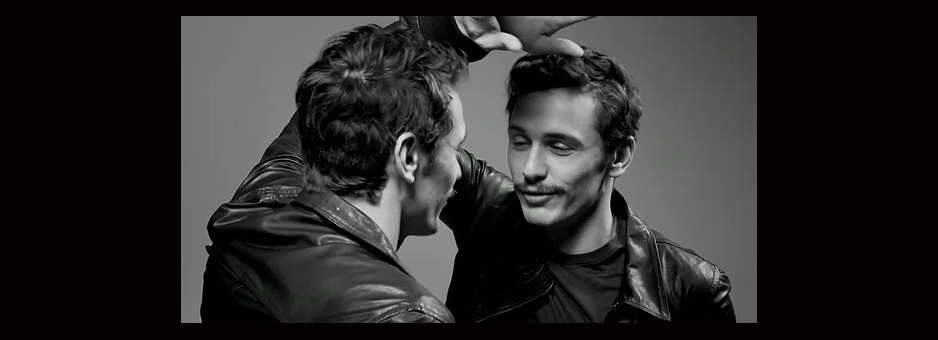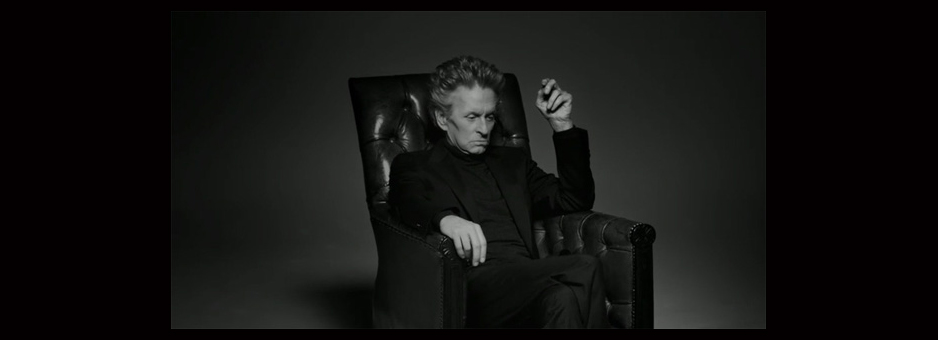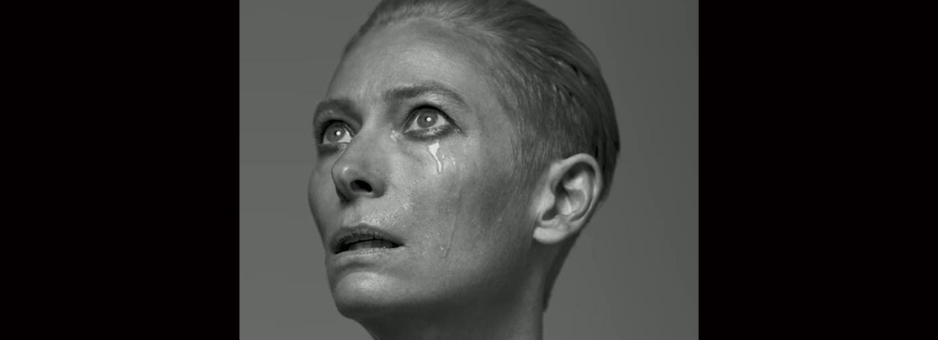



Fourteen Actors Acting
London's Spring Studios uses Baselight to grade 5K RED files for groundbreaking New York Times project featuring some of today's most influential actors
Fourteen Actors Acting, a video gallery created by The New York Times Magazine, reduces the craft of performing for the camera to its essence. Directed by Norwegian fashion photographer Solve Sundsbo and graded on Baselight by London's Spring Studios, the series consists of 14 short black & white films starring some of today's best actors, each of whom delivers an improvised performance on a barren stage. The performances are alternately funny, quirky, thoughtful and poignant, but all are fascinating. James Franco stands in front of a mirror and seduces his reflection. Vincent Cassel dances with a chair, Javier Bardem smashes dinnerware, Robert Duvall shaves, Tilda Swinton is a soul wracked with grief.
The videos serve as companion pieces to a New York Times Magazine photo essay entitled "The Scene Makers: Actors Who Defined Cinema in 2010." Sundsbo, whose iconic work has been featured in ads for such brands as Chanel, Yves Saint Laurent and Dolce & Gabbana, shot the still portraits and videos of the 14 actors simultaneously, and they resemble each other in style and tone.
With a cast that included several Academy Award winners, the production entailed daunting logistics. The 14 shoot days were spread across a month in London, New York and Los Angeles. Spring Studios, provided production support—everything from camera operators and digital technicians to the catering and Studios in London. Spring Studios Director of Spring Fashion Film and Spring Capture Tonia Arapovic described the experience as an "exciting progression from the stills to moving image world for Spring Studios."
Sundsbo shot the videos with a combination of Red cameras, including Red's new Epic camera, equipped with a 5K Mysterium-X™ sensor, and the imagery is uniformly crisp and gorgeous. For the videos, the director's aim was to tell a story without words in less than 60 seconds and to make it impactful and beautiful. "It was amazing to see a photographer like Solve embrace moving image and adapt his thought processes and approach to the project," Arapovic says. "It was refreshing to work with a photographer of Sundsbo's calibre and watch him dip into the moving image medium with the same attention to detail and do it so well."
Post work was completed by Spring Studios London, which had recently purchased a Baselight precisely to serve top fashion photographers, like Sundsbo, who are now shooting motion imagery for multi-platform advertising campaigns. "Our clients have been asking us to support them by facilitating everything from shoot to the final grade," says Arapovic. "It's a parallel move for us to go from stills to moving imagery. We've adapted our sensibilities and aesthetics to help our photographer clients achieve their aspirations in both worlds. That's why we've been successful as a company. Photographers come here because they trust us."
In grading the videos, the aim was to achieve continuity with the mood and look of the stills, which had undergone a separate retouching process. In fact Spring's Baselight grading team treated the videos as if they were a large collection of stills intended for a glossy fashion magazine. "Because our background is in stills, we have developed an eye for detail and we look at each frame as a separate image," Arapovic notes. "We understand the aesthetics of photographers, and when we look at a frame, we think in terms of 'what would the photographer think, if we pause right there?'"
Baselight's ability to work directly with the 5K Red files proved invaluable, allowing the colourists to apply extremely subtle light and shade adjustments. "Our ability to marry the worlds of stills and videos very much came down to the finishing process and having a tool like Baselight that was capable of working with the original camera files," Arapovic observes. "Matching the mood of the stills was a very big challenge because there is so much detail. Having the 5K files to play with was amazing."
FilmLight engineers assisted Spring Studios by providing support for working with the RED files and workflow. Arapovic says that technical support is essential as so much of Spring's work is conducted at the leading edge of technology. "We have been impressed with how quickly FilmLight comes up to speed with new technologies, such as the Epic camera," she says. "That helps us to push the boundaries and realize our creative aspirations."



